“What to Mourn and What to Praise”: Montpelier Celebrates Memorialization of Enslaved Community
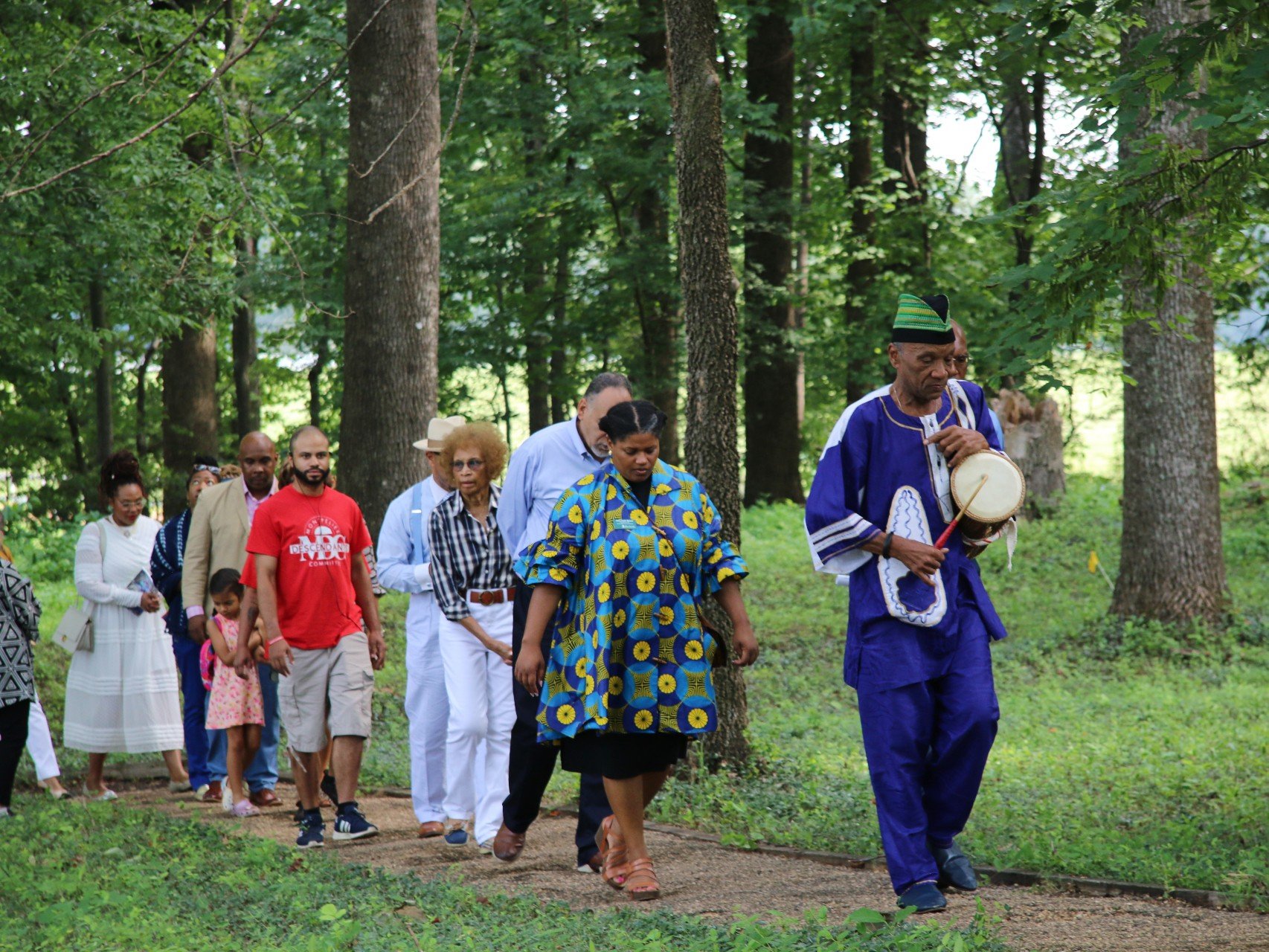
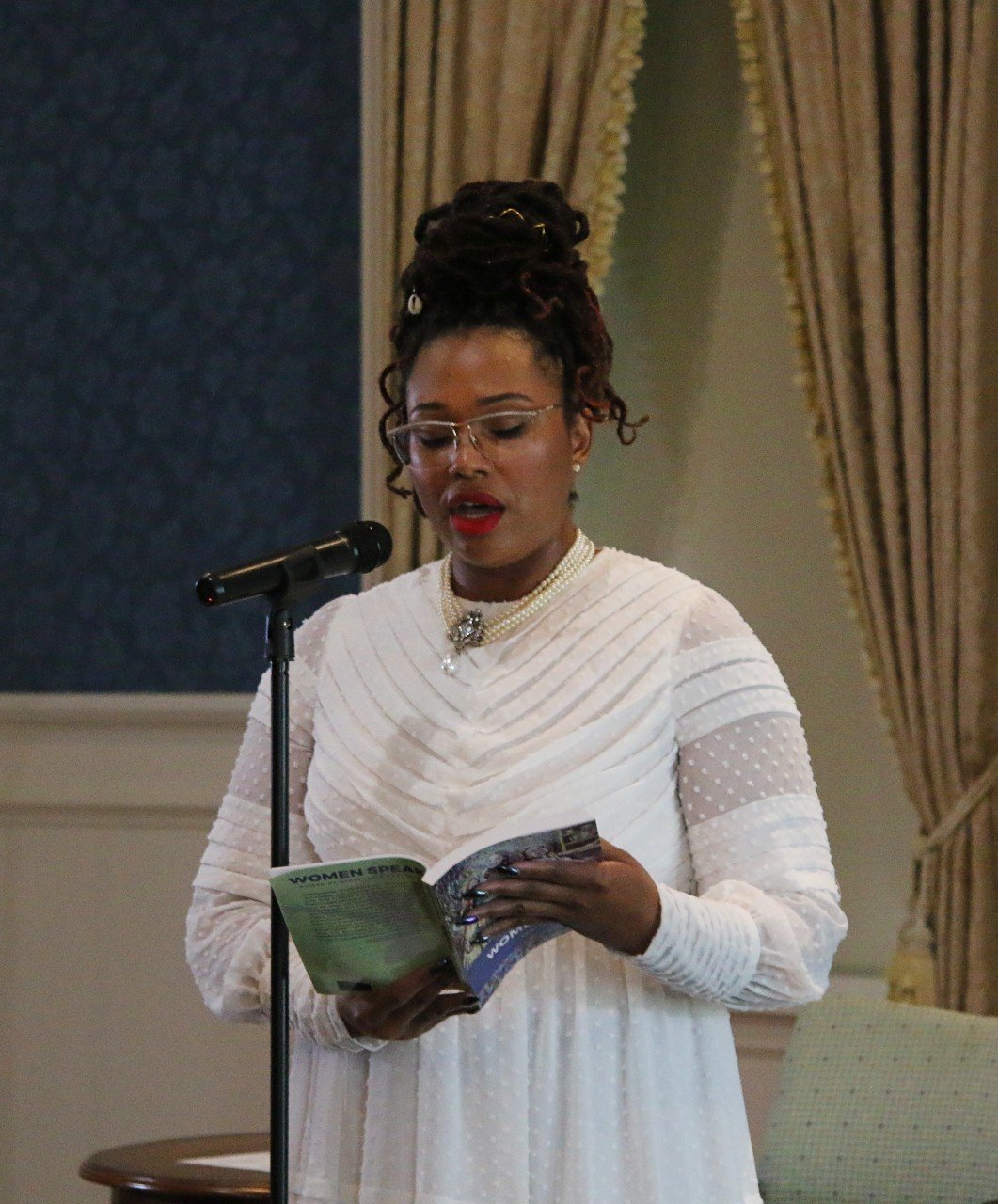
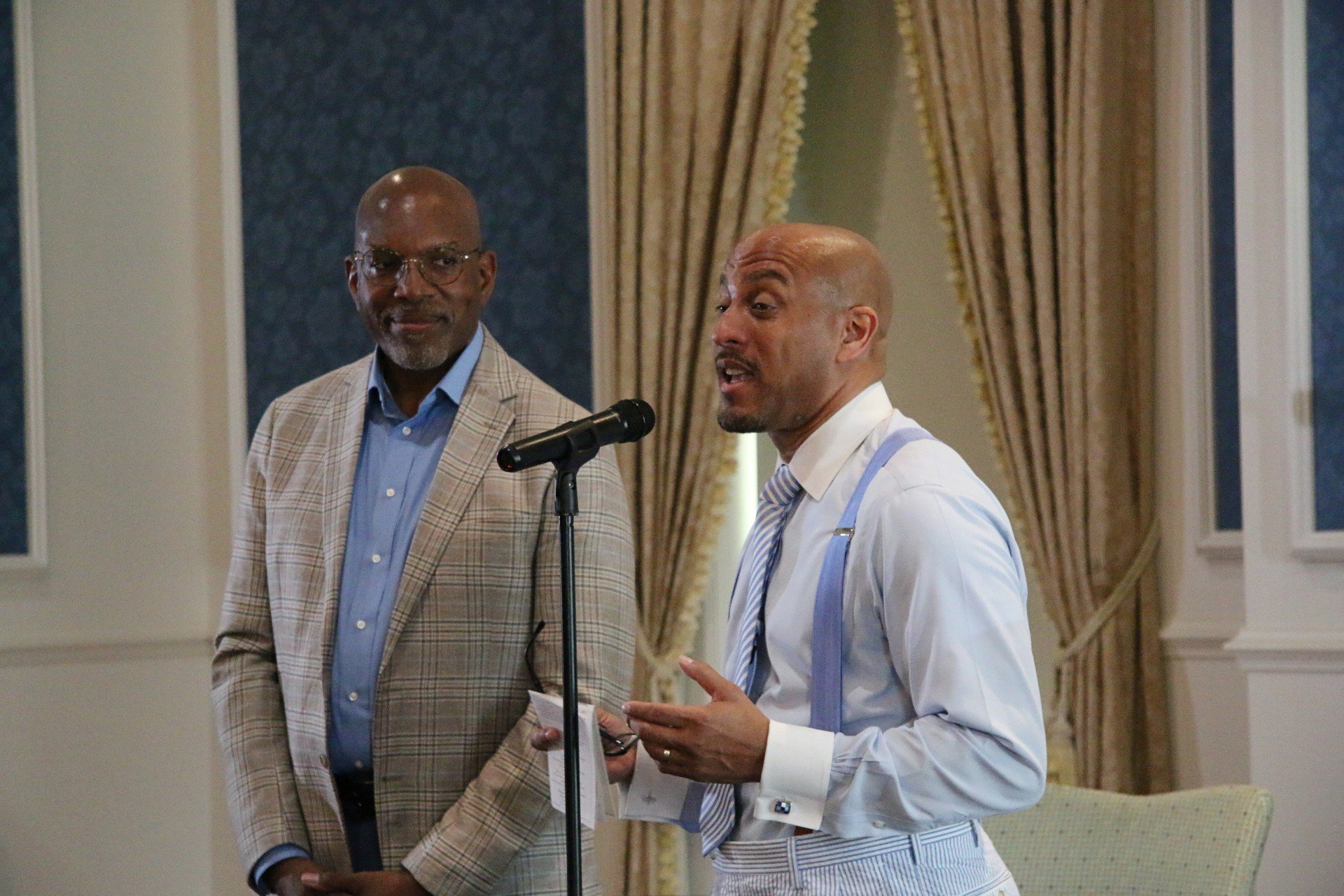
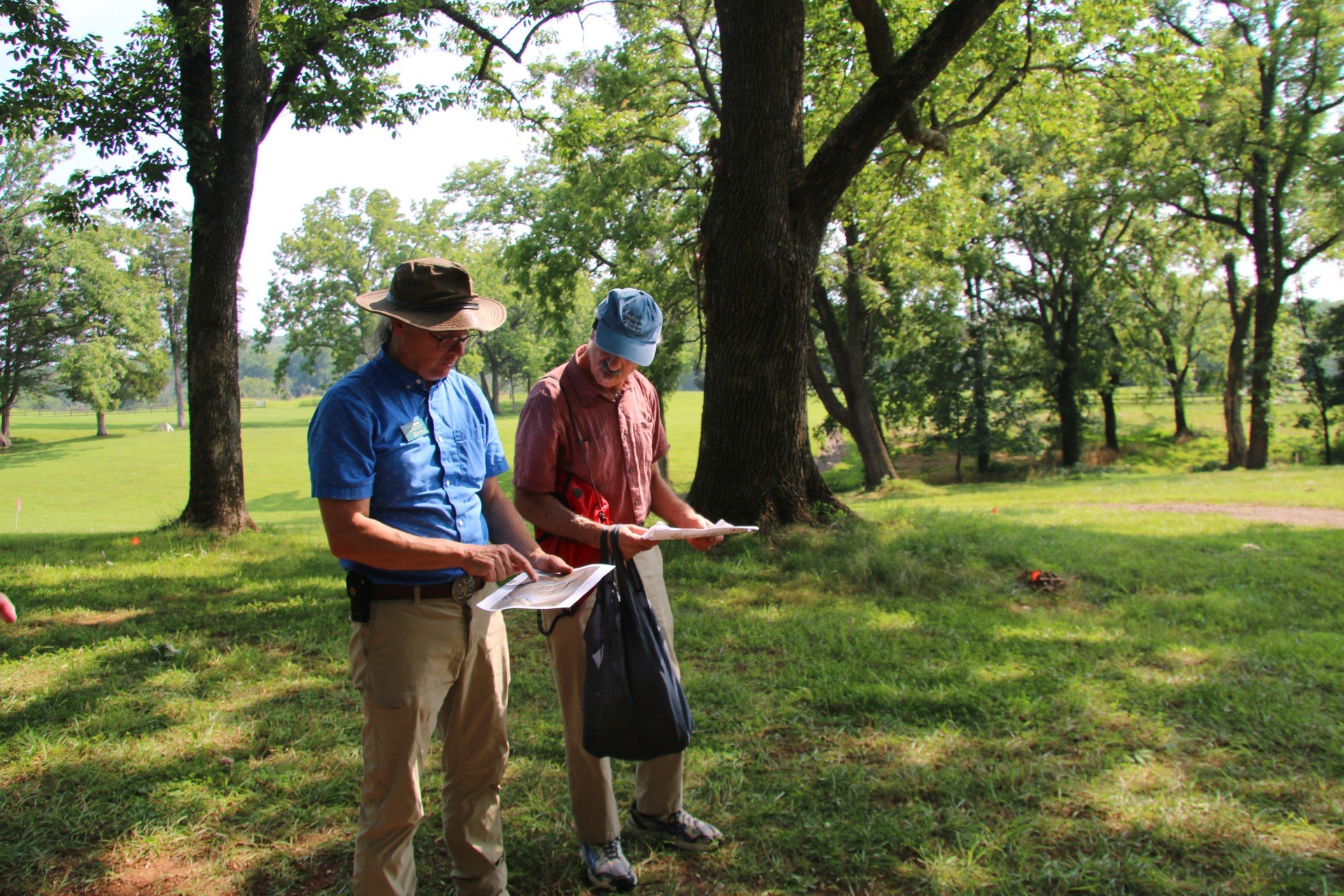
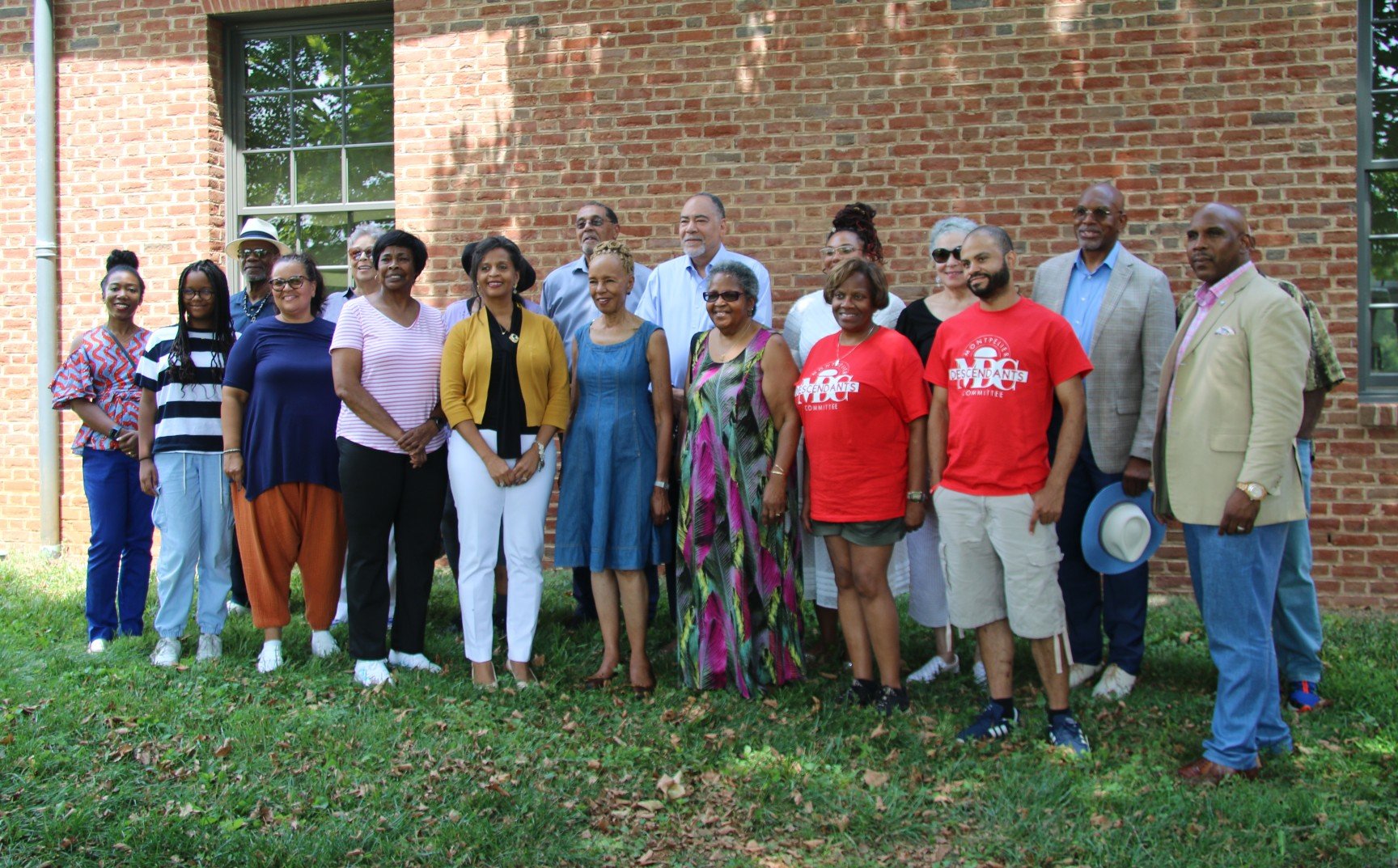
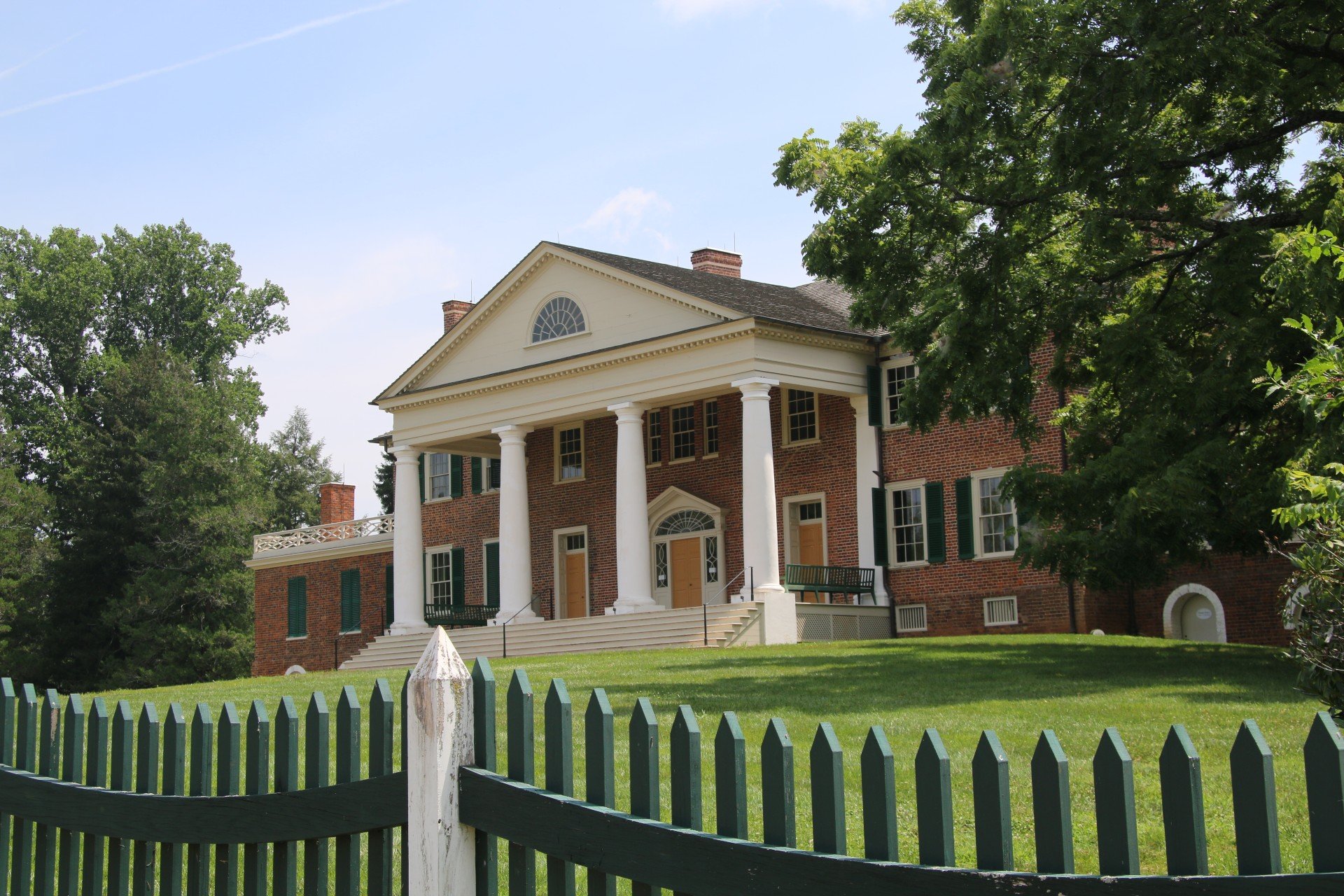
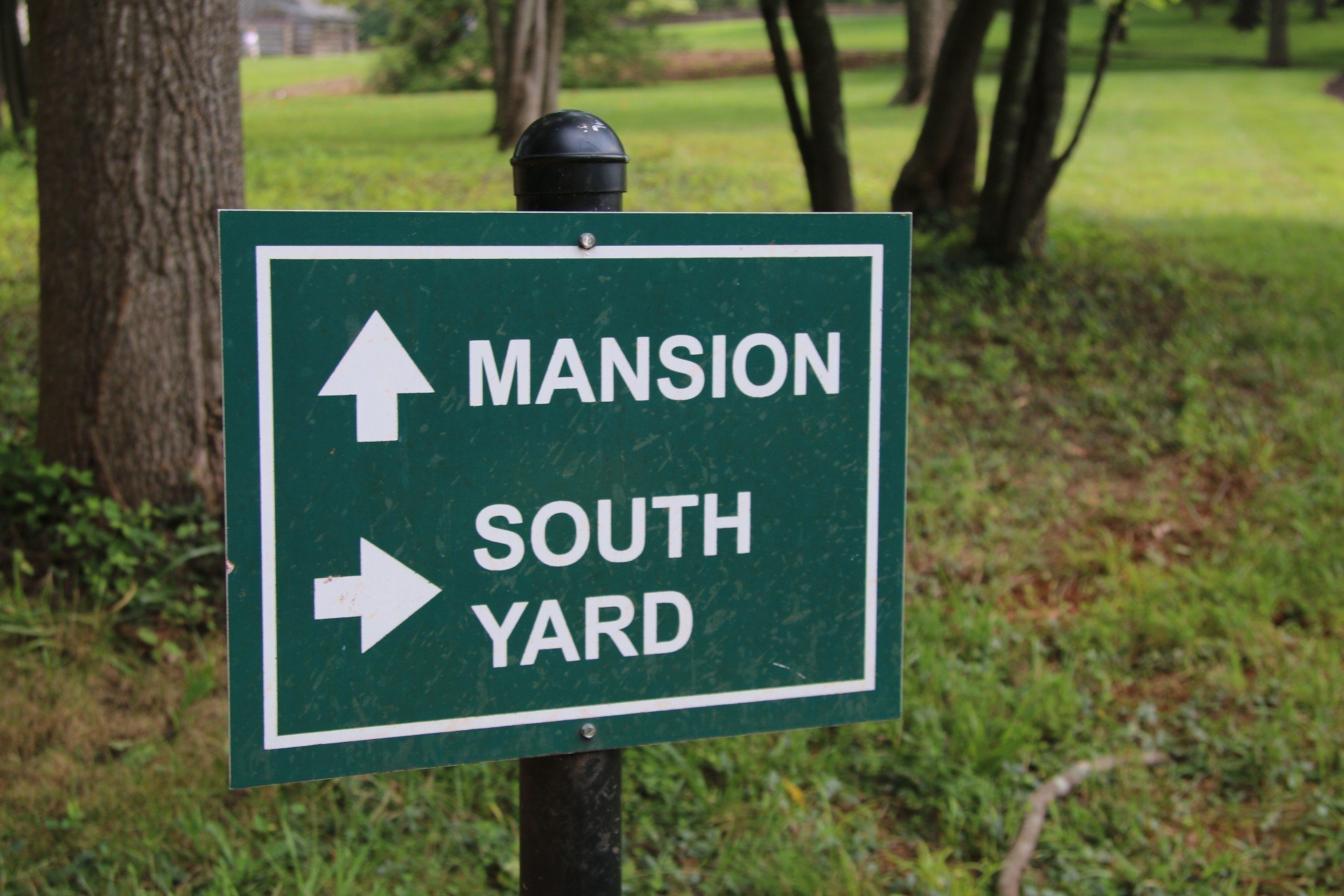
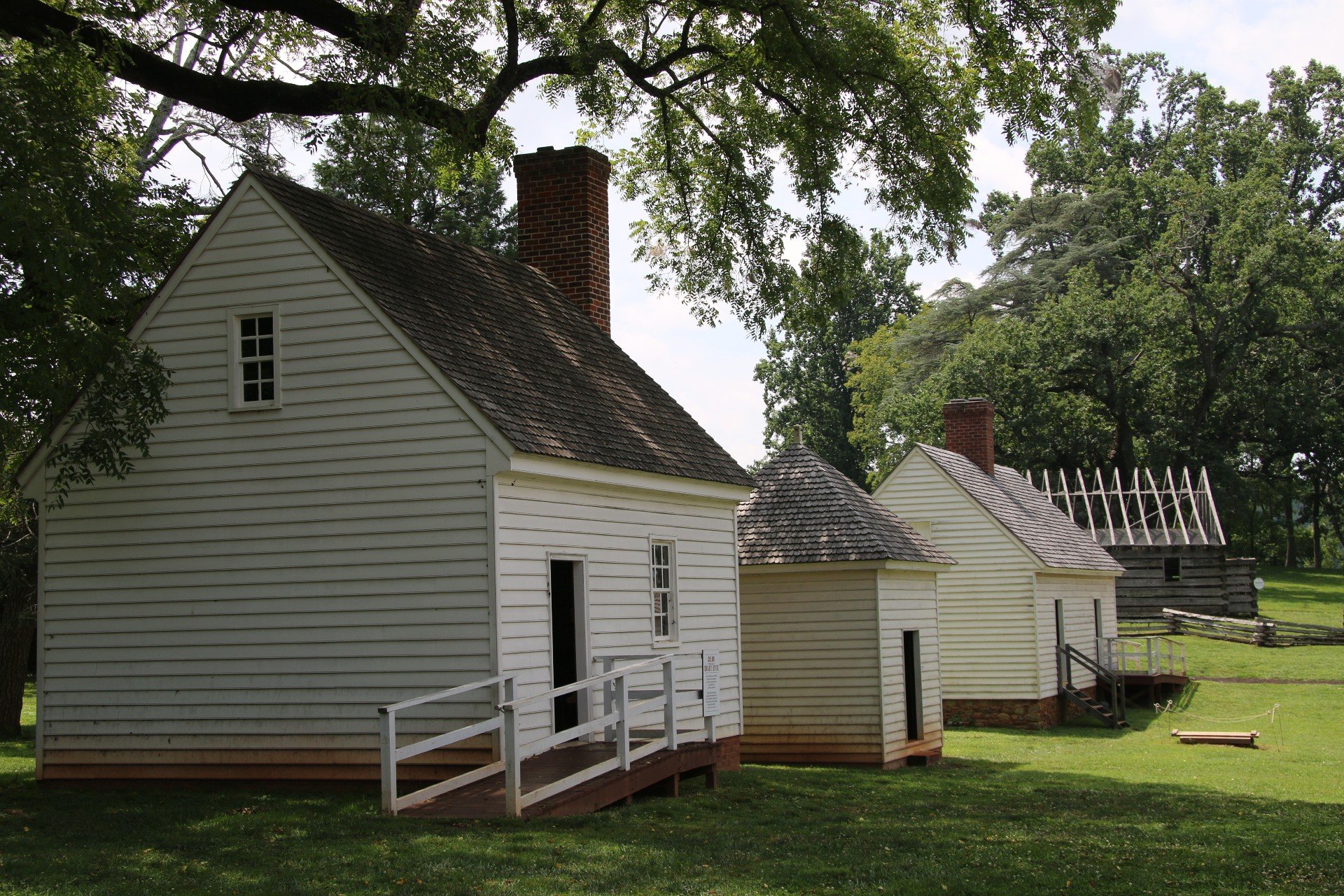
On Saturday, Aug. 5, James Madison’s Montpelier hosted “We The People: A Summer Celebration,” an all-day event to recognize the commencement of a highly anticipated memorialization project that will honor the historic site’s enslaved community.
The celebration was hosted jointly by The Montpelier Foundation (TMF) and the Montpelier Descendants Committee (MDC), who have shared stewardship over the site since the struggle by MDC for structural parity ended successfully in May 2022. In addition to serving as the residence of fourth U.S. president and “Father of the Constitution” James Madison, Montpelier was the home and final resting place of approximately 300 enslaved African-Americans.
In late March, MDC and TMF announced that the Mellon Foundation had awarded Montpelier with a $5.8 million grant to cover the cost of erecting a physical monument to the former plantation’s enslaved community. After an initial period of archaeological excavation, Montpelier will enter into the construction phase, with an expected timeline of three years. Fundraising efforts are ongoing to allow for future expansion of the memorial to include additional support buildings and educational resources.
“Our goal is to harness the power of public history, art and commemoration in innovative ways to reinforce transcendent values of national unity, healing and renewal,” said Dr. Katie Crawford-Lackey, director of Montpelier’s Robert H. Smith Center for the Constitution, in an initial press release.
The themes of unity, healing and renewal were ever-present during Saturday’s celebration, which featured a libation ceremony led by percussionist and visual artist Darrell Rose, special tours and two panel discussions with guests ranging from former DC mayor Sharon Pratt to author Bettye Kearse.
L. Renée, assistant director of James Madison University’s Furious Flower Poetry Center, set the tone for the event with a reading of her original poem “The Unmapped Place,” speaking of a place “where song can tell you what to mourn and what to praise, where many a day they be the same,” and closing with an invitation to listeners to “remember our way back to those kin” — an apt invocation on a day dedicated to those ancestors whom Montpelier leaders often refer to as the nation’s “invisible founders.” (Read the full poem here.)
Dr. Hasan Kwame Jeffries, TMF board chair, and the Rev. Larry Walker, MDC president, continued to reflect on this sense of intermingled grief and joy during their remarks.
“We're saying we are going to celebrate the political genius that gave us the Constitution, but we're not going to forget those that made it possible for him to sit in comfort and convenience, and come up with these great ideas,” said Jeffries. “That's the fullness of the American story, and so when we think about those dark days — and they were dark for too many — some folks will get sad to be sure, but there is joy in survival.”
Walker discussed his hopes that the memorial would serve as a unifying force and become an example for museums and cultural institutions across the nation.
“I think about my grandchildren's grandchildren,” Walker shared. “What will they say about this time in history? What will they say about those of us who have given our time, our talent, our treasure to build this memorial at the home of the Constitution to talk about unity — to talk about overcoming differences and pulling together in what makes all of us great?”
During a tour of the cemetery of the enslaved, Montpelier Director of Archaelogy Matt Reeves spoke of the recent discoveries that have been made at the burial grounds, including additional gravesites that expand past the cemetery into the surrounding fields.
Through tools like Lidar and ground-penetrating radar, and additional techniques such as vegetative analysis of plants on the burial site, Reeves and his team are on a journey to learn more about the individuals laid to rest at the cemetery. In the coming months, Montpelier’s archaelogy team will painstakingly excavate the grounds while taking care not to disturb the gravesites themselves, in an effort to gain insight into the lives and personalities of those buried through what they left behind.
“All this is the story of how in many ways, the enslaved had no final voice in how their ancestors would be memorialized,” Reeves explained. “And it really lends to the power of what's happening today with descendants finally having a choice in how their ancestors are memorialized, and what the descendants see.”
To learn more about Montpelier and its programs, visit www.montpelier.org. For information regarding the Montpelier Descendants Committee, go to www.montpelierdescendants.org.
